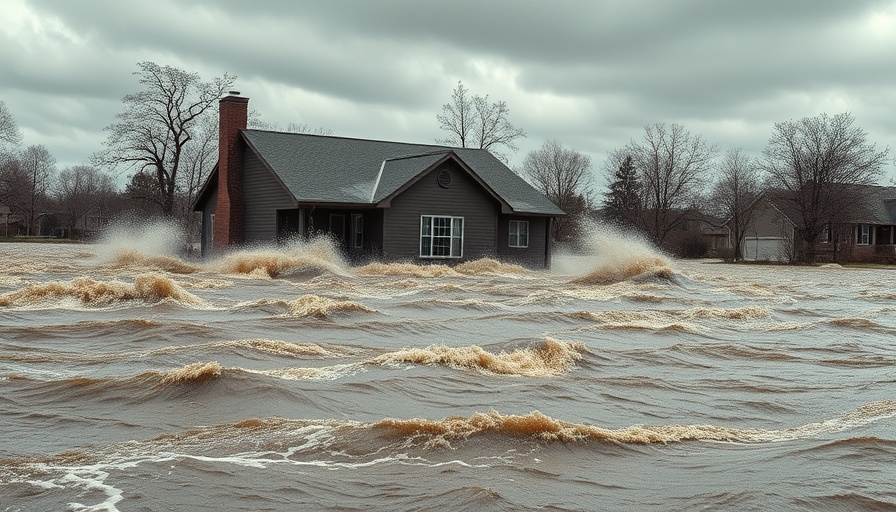
Exploring Climate Mobility: Key Issues for Our Future
The MR2025 conference hosted by the Columbia Climate School aims to address pressing questions about mobility and resilience in the context of climate change. As more individuals face climate displacement, discussions will delve into the complexities of where and how people can find safety and wellbeing. This year, participants will engage with a broader agenda that examines not just policy and legal frameworks, but the very fabric of our communities. How climate changes geographical landscapes is no longer an abstract conversation, but a vital exploration necessary for our survival.
The Importance of Inclusion in Climate Discussions
Often, climate discussions center around high-income countries, leaving out vital perspectives from developing regions. The MR2025 seeks to expand this dialogue, focusing on how environmental factors affect population movements globally. It's about ensuring everyone’s voice is heard, especially those from the global south who may be disproportionately affected by climate change. Addressing how agrarian populations adapt to urban settings, for instance, is crucial as we rethink mobility strategies.
Understanding Mobility, Adaptation, and Resilience
The ongoing climate crisis compels us to rethink urban planning and resource allocation. At MR2025, experts will explore whether individuals should be restricted from settling in certain areas prone to climate hazards, and when relocation might be a more viable option than adaptation in place. Studies suggest that proactive planning in regions vulnerable to climate migrants can facilitate smoother transitions and foster resilience.
Community Involvement: Building Bridges for Climate Resilience
At the heart of these conversations is the recognition of equity and access. Who benefits from disaster responses, and how can community involvement improve outcomes for marginalized groups? MR2025 promises to feature sessions led by community members themselves, enhancing understanding of local challenges and fostering collaborative solutions. This approach is essential to build connections and ensure that diverse voices contribute to resilience strategies.
Looking Ahead: Future Directions for Climate Migration
The discussions at MR2025 are not merely theoretical; they point toward actionable insights we can implement now. As cities brace for an influx of climate migrants, understanding current population trends will help mitigate risks and open new avenues for community growth. Investing in sustainable infrastructure and exploring innovative adaptation measures could redefine how we handle climate challenges moving forward.
Your Role in Climate Connectivity...
As Seattle residents engaged in sustainable living, your involvement in these discussions is crucial. Understanding mobility and climate resilience directly impacts our community. Consider how the changes discussed at MR2025 might manifest in your own neighborhood and think about ways to advocate for equitable responses to climate challenges.
While knowledge is a powerful tool, taking action is essential. Stay informed about local climate initiatives and participate in community discussions. The sustainability of our climate-friendly lifestyle depends on collective efforts, so let’s keep pushing for equitable solutions.
 Add Row
Add Row  Add
Add 




Write A Comment